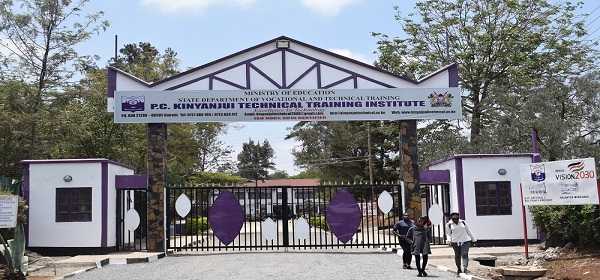Share this post:
TVET fraternity could benefit immensely from the incoming government of the fifth president of Kenya, Dr. William Samoei Ruto.
During his tenure as Minister for Higher Education from April to October 2010, William Ruto brought about commendable reforms in TVET whose effects are still felt to date.
In his manifesto, Ruto stated that he will build a fully equipped Technical Training and Vocational Education Training Institution (TVET) in the remaining 52 constituencies within the first two years.
Rutos’ government will establish a National Skill and Funding Council that consolidates HELB, TVET, and University Funding Board and increase funding to bridge the current 45 percent gap.
Kenya Kwanza government has promised to set up a National Open University to increase access and reduce the cost of university education while making a 100 percent transition to higher education a reality.
The fifth president plans to establish a one-year paid National Internship Program for all students graduating from teachers, technical and medical colleges, and universities, by collaborating with industry players.
The UDA manifesto reveals that Rutos’ government intends to increase funding for research and development from the current 0.8 percent to 2 percent of GDP per the Science and Technology Innovation (ST&I) Act 2013 as per the bottom-up economic agenda. Additionally, incentivize the private sector to contribute towards research.
Speaking to TVET officials at his Karen home in 2018, the outgoing deputy president noted that a flexible and progressive new system that offers learning chances to all and skills that promote youth employment is what the nation requires.
“We need to restructure our TVET curriculum and the fees to allow Kenyans of all walks to access technical education with ease, Ruto said.”
In summary, the incoming government of Dr. William Samoei Ruto in Kenya has plans to make significant investments in technical and vocational education and training (TVET). The government also plans to increase funding for research and development and incentivize the private sector to contribute towards research. These initiatives aim to provide more learning opportunities and skills that promote youth employment, and to make the TVET system more flexible and accessible to all.





